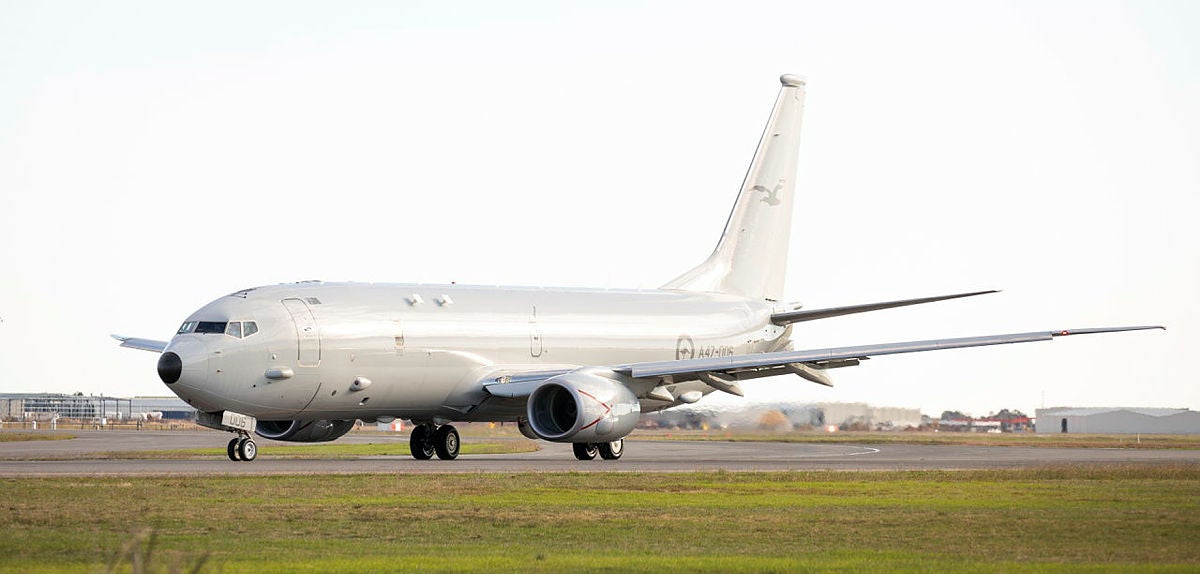
The Australian Department of Defence (DoD) has claimed that a Chinese J-16 fighter intercepted its P-8 maritime surveillance aircraft.
The P-8 aircraft was intercepted on 26 May while it was conducting a routine maritime surveillance activity in the South China Sea region.

Discover B2B Marketing That Performs
Combine business intelligence and editorial excellence to reach engaged professionals across 36 leading media platforms.
Australian Prime Minister Anthony Albanese said: “The Australian Government has raised our concerns about the incident with the Chinese Government.
“The Department of Defence has for many decades undertaken maritime surveillance activities in the region and does so in accordance with international law, exercising the right to freedom of navigation and overflight in international waters and airspace.
“We are concerned about this incident. We have expressed those concerns through appropriate channels.”
According to the DoD, the Chinese jet’s interception resulted in the P-8A resorting to a dangerous manoeuvre, threatening the safety of aircraft and crew aboard.

US Tariffs are shifting - will you react or anticipate?
Don’t let policy changes catch you off guard. Stay proactive with real-time data and expert analysis.
By GlobalDataIn a statement, Australian Defence Minister and Deputy Prime Minister Richard Marles said: “What occurred was that the J-16 aircraft flew very close to the side of the P-8 maritime surveillance aircraft.
“In flying close to the side, it released flares, the J-16 then accelerated and cut across the nose of the P-8, settling in front of the P-8 at very close distance.
“At that moment, it then released a bundle of chaff which contains small pieces of aluminium, some of which were ingested into the engine of the P-8 aircraft. Quite obviously, this is very dangerous.”
Australia will continue to conduct such maritime surveillance activities in the region within their rights and international law to ensure freedom of navigation in the South China Sea region, the DoD added.
The region is pivotal to Australia as most of its trade traverses the South China Sea.





